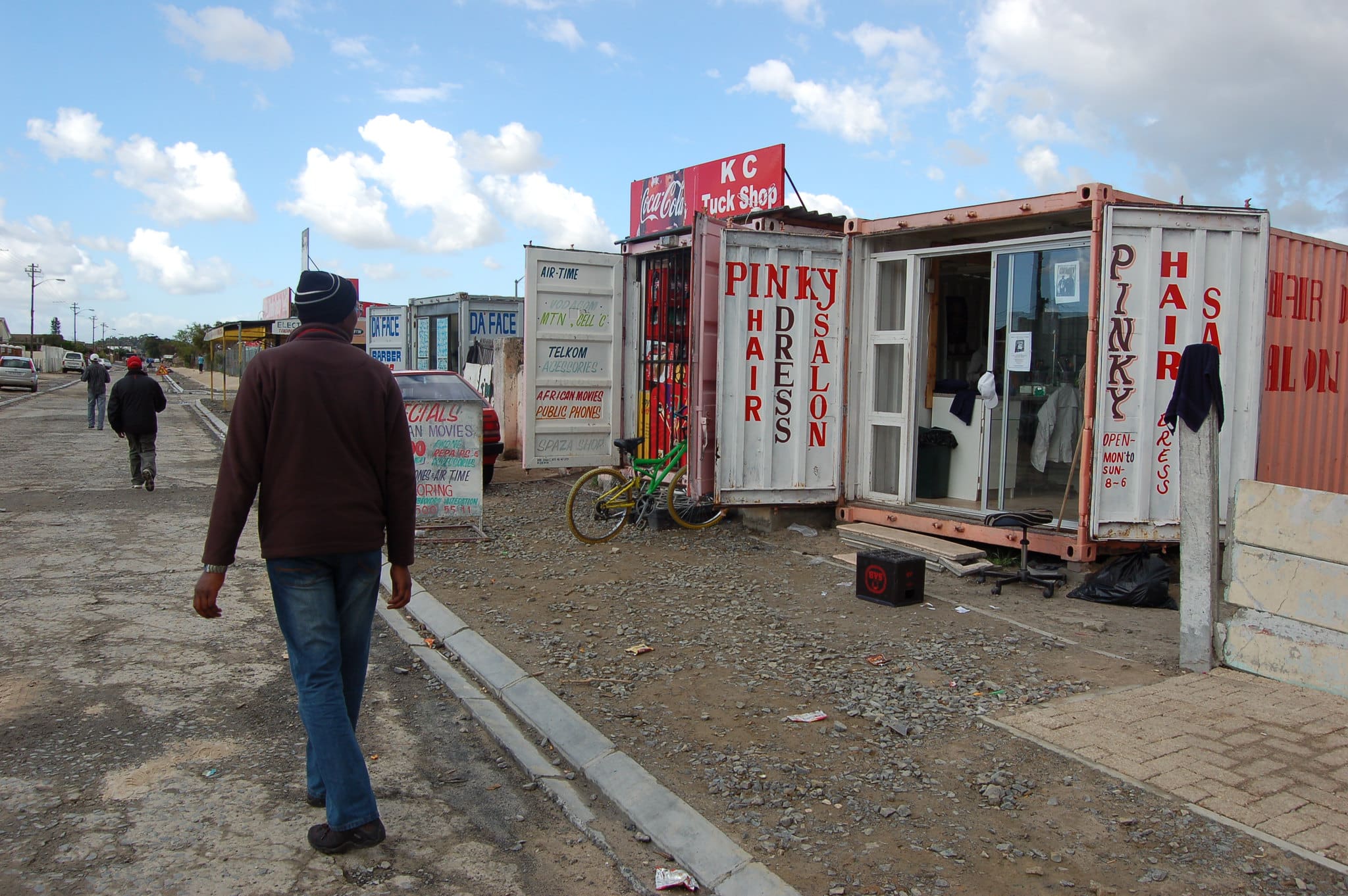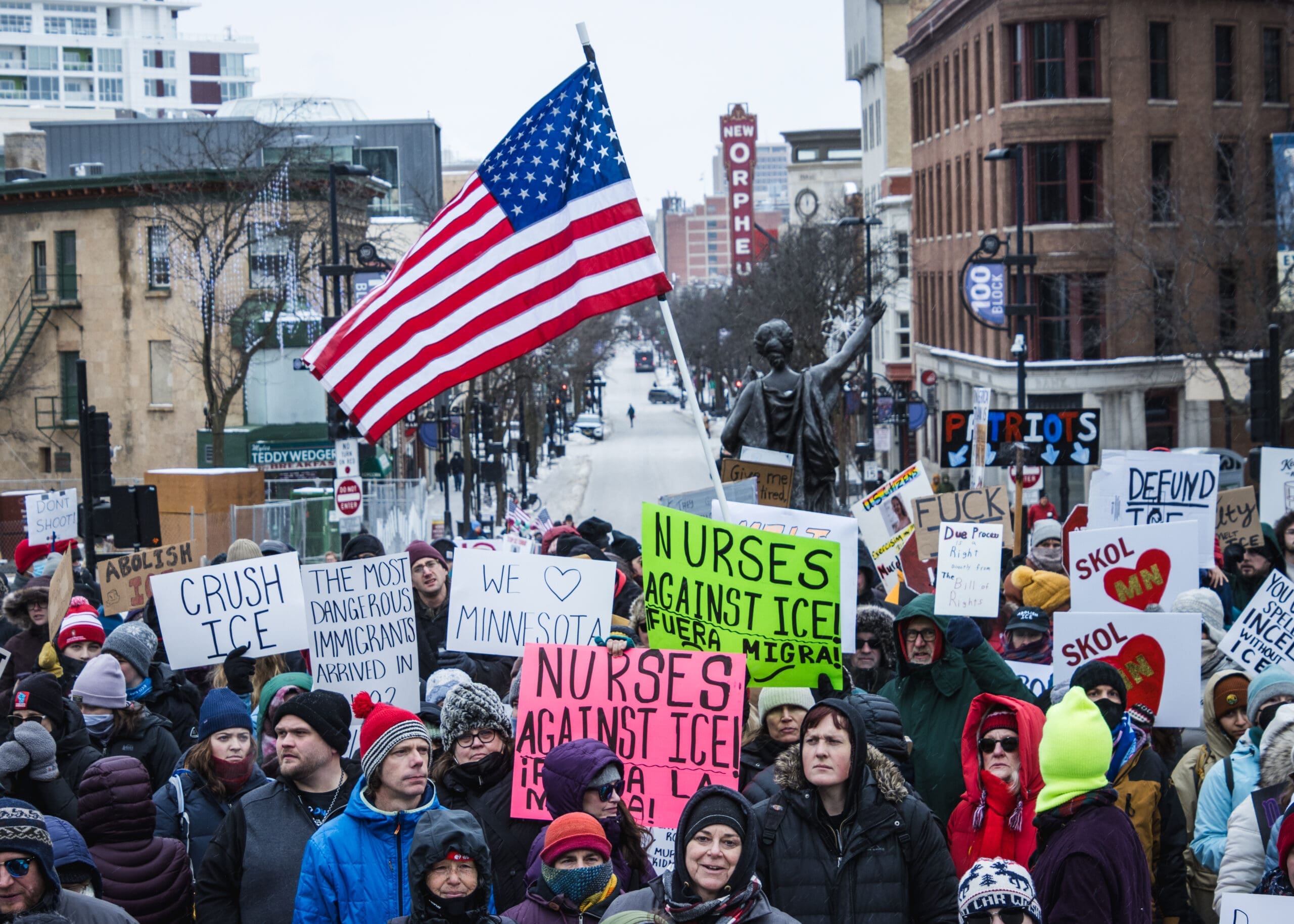A notorious anti-immigrant group is trying to get rid of foreign spaza shop owners for good.
Last week, we told you about the spate of child deaths due to a series of tragic food poisoning incidents, prompting urgent calls for stricter regulation of spaza shops. In recent weeks, more than 20 children, mainly in the Gauteng area, have died after consuming contaminated food allegedly purchased from these informal township shops.
Well, it seems like a plan has been made. On Friday evening, President Cyril Ramaphosa called a ‘family meeting’, as his addresses are informally known, and took us into his confidence. He highlighted that since September, there have been 890 reported cases of food-borne illnesses and mentioned the death of 22 children from these. “Few words can adequately convey our sadness and our pain as a nation. Our thoughts and prayers are with their families as they go through the pain and the anguish of losing their children,” he said.
Ramaphosa, in his address, mentioned that the National Institute for Communicable Diseases (NICD) had conducted scientific tests on the Naledi Six, a group of kids who died after eating snacks from a spaza shop in Naledi, Soweto, and had found traces the deadly pesticide Terbufos. Terbufos has been banned in the European Union since 2009 but continues to be manufactured and exported from Europe — what campaigners have dubbed ‘double standards’. Ramaphosa also mentioned another chemical, Aldicarb, most commonly known as Galephirimi, which was responsible for the deaths of six children (three in Soweto and another three in Ekhuruleni) last year. Here’s the thing, though: Aldicarb has been banned in South Africa since 2016. It’s commonly used as a rat poison and is sold openly in townships and taxi ranks.
Ramaphosa has called for the immediate closure of implicated spaza shops, mandatory registration of all spazas in 21 days, inspections for food establishments, and strengthened regulations on pesticide sale and use.
However, the registration of spaza shops hit a snag in Soweto on Monday when activists from the xenophobic movement Operation Dudula started blocking foreign spaza shop owners from registering their stores at the Civic Centre in Jabulani. “South Africans are gatvol, we no longer want foreign nationals owning spaza shops, and that is why we are at the civic centre to block the entrance, that they do not enter … and to stop them from registering,” said Operation Dudula president, Zandile Dabula. Meanwhile, South African spaza shop owners said it was unfair for them to be expected to register. One of them, Tseliso Nkomo, said it was unfair to queue in the sun for hours when his store had never had problems. “I’ve owned my tuck shop for more than five years, and I’ve never had problems or was accused of poisoning children or anyone, but here I am. I was made to stand in the sun for four hours to re-register my business, this they say to regulate and make things better, but I didn’t poison anyone,” he said.
The families of the deceased children have urged the president to make sure that the interventions are implemented. Joshua Mabooi, whose daughter Lesedi Molaudi, 10, died after eating snacks from a spaza shop in Alexandra on 2 November, said he was sceptical about anything being done. “We’ve seen many spaza shops close down and reopen, so the spaza shop that my daughter bought chips from closing down means nothing to me because they’ll open again,” he said.
Tshego is a writer and law student from Pretoria. A keen follower of social media trends, his interests include high fantasy media, politics, science, talk radio, reading and listening to music.
He is also probably one of the only people left who still play Pokemon Go.




